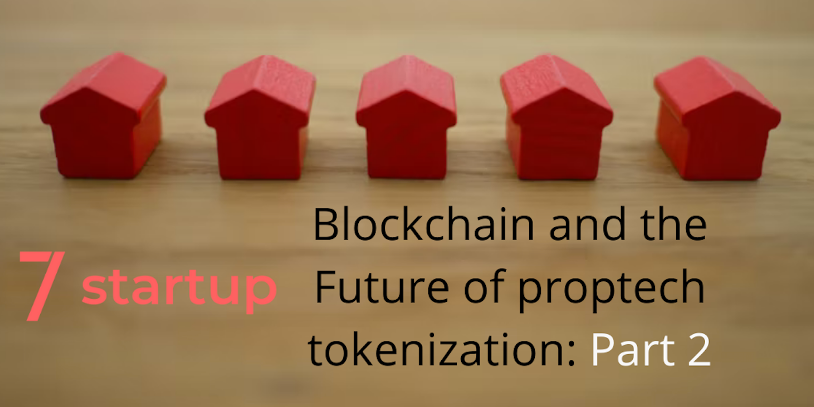The real estate market will evolve dramatically in the future years. With digital technologies such as blockchain, artificial intelligence (AI), and the Internet of Things (IOT) transforming the lifecycle of a real estate asset.
This opinion envisions new ways of financing real estate as an alternative to existing Proptech investment strategies. In recent years, digital technologies have transformed many industries, and until now, real estate remained relatively untouched. However, Proptech has emerged as a new market opportunity that promises to bring significant change. This is thanks to our capacity to deploy digital technologies such as IoT, Big Data, and AI at a low cost and on a large scale.

Proptech Tokenization: Pros and Cons
Now, commercial or residential properties can go ‘live,’ collecting data that serves various purposes, including measuring and tracking every aspect of an asset’s trading worth. Examples of collectible data include:
- Measurement of an asset’s energy footprint
- Lighting and heating performance
- And with sensors, monitoring the movement of people in a building
Tokenization will translate these and many more characteristics into valuations and how real estate will be used.
Decentralised structured finance and structured products organised in smart contracts will become more common as real estate tokenization gains traction.
By purchasing property-specific tokens, investors would be able to attain better diversification and customisability.
Issuers have the ability to create different tokens for various assets related to real estate investing, such as ownership of the land, use rights, infrastructure, and cash flows from leases.
Within each type of token, the issuer might construct several classes, such as tokens for fixed lease payments and tokens for the variable component of commercial leases.
At the time of creation, smart contracts can hard-code the payment waterfall, thereby adding a layer of transparency and facilitating compliance and verification at each payment.
Single Asset Exchanges
Single asset exchanges are another hot topic in real estate tokenization (IPSX). This instrument appears to be a project aimed at creating a traditional, non-tokenized market for single asset shares.

A significant advantage over tokenization lies in the fact that it has already incurred substantial sunk costs, offering a unique yet familiar and controlled solution. Eliminating the need to enter the unfamiliar blockchain environment.
Other problems, such as a lack of proven demand and pricing difficulties, exist, though. This concept can still be turned into a financing instrument for owners. Such as by selling income strips, and thus into a way to construct structured finance products.
It would also make sense to extend this instrument into the world of tokenisation. To create tokenized securities (digital tokens representing IPSX shares in IPSX-listed single-asset property companies). Subject to evidence of demand for fractionalised single real estate assets, or (better) portfolios of single assets and funds.
Digital Fund Exchanges
It is also worth noting that the Digital Fund Exchanges are a way to build a scalable next-generation B2B real estate investment platform with more liquidity and efficiency.
The goal of the Digital Fund Exchange is to make less liquid asset classes. Making real estate and alternative assets more accessible to investors by lowering costs and increasing fund unit liquidity. This is made feasible in part by employing digital ledger technology as the main fund register.

Professionals want to see existing industry fund structures evolve into electronically traded funds. This ecosystem will bring together proptech investment managers and investors for the creation of new digital funds. As well as building primary and secondary markets in a fund industry network linked by private distributed ledger technology.
The use of transparent and fair price matching auction algorithms offers a new way to fund unit liquidity without the use of market makers by using existing investor networks.
Experts predict that digital traded funds will be able to store a variety of less liquid alternative investments. Digital funds in real estate could encompass a wide range of investments, including open-ended real estate funds in the UK/EU/US/Asia, unlisted REITs, real estate debt funds, and real estate private equity vehicles.
Additionally, we will be following on this piece with a part 2 going into further detail on what this will mean for Prop-tech and blockchain in the future.

Amit Khanna, 7startup Founder
Amit has two decades of experience in the industry and an MBA. He supports entrepreneurs with every aspect of their business including concept and product development, investor presentations, and fundraising. Amit & 7startup assist startups in the pre due-diligence process and help connect them to our vast network of investors. Reach out to us today and see if we’re a fit!




